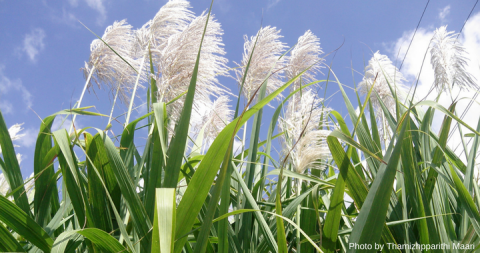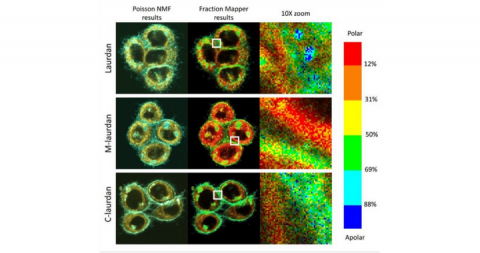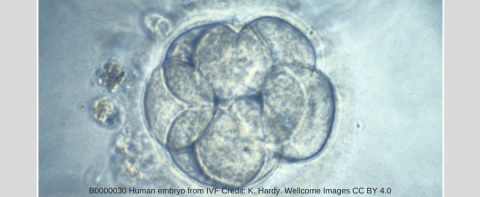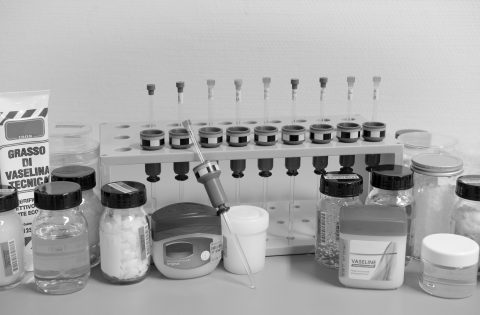We highlight the top F1000Prime recommendations each month. For July, we take a botanical twist with our highlights in honour of a 140 million year old bloom, as well as highlight the top recommended and Hidden Jewels articles for last month
Two research groups published their data articles about the sugarcane genome. They explain the crop’s economic importance and the scale of the challenges involved in sequencing its genome.
Eitenne Joly is a research scientist and F1000Prime Faculty Member. In this guest blog, he talks about his area of research and his recent article in F1000Research about the physical state of membranes in live cells.
Hollydawn Murray recently attended the Galaxy Community Conference in Montpellier in France. She gives us a run down of the talks and topics that caused a buzz while there.
Today is International Tiger Day, a day dedicated to raise awareness for a species on the brink of extinction. We discuss the challenges faced by conservationists and the recommended research on recovery programmes.
For World Hepatitis Day, F1000 Prime Faculty Member Ralf Bartenschlager, a molecular and cell biologist heading a virology research team at Heidelberg University and the German Cancer Research Center, discusses the most urgent needs to meet global viral hepatitis targets.
There are many questions that have been answered in science, but what happens when you go back and re-examine the evidence? Gavin Jarvis gives us insight into his quest to explore the evidence about embryo mortality and why F1000Research was the perfect place to publish his results.
Science is often a long-term endeavour, with research being conducted over months or years, but scientific hackathons turn this notion on its head by bringing participants together to come up with solutions for scientific problems in just three days. Lisa Federer, from the National Institutes of Health, talks about the creative and collaborative nature of hackathons and the opportunities to get involved.
Through our new partnership with Plotly, you can now publish interactive figures in our articles and for a limited time you will receive a 50% APC reduction if you include one in your article. Thomas Ingraham introduces this new exciting feature and explains how it can bring your data to life
A research article published in F1000Research considers how we can improve routine monitoring of mineral hydrocarbons in cosmetics and medicinal products to minimize the potential health risk. Introducing MOSH and MOAH Mineral oils or mineral oil hydrocarbons are rather vague terms to describe some fractions obtained during crude oil refinement. They are usually comprised of a…













